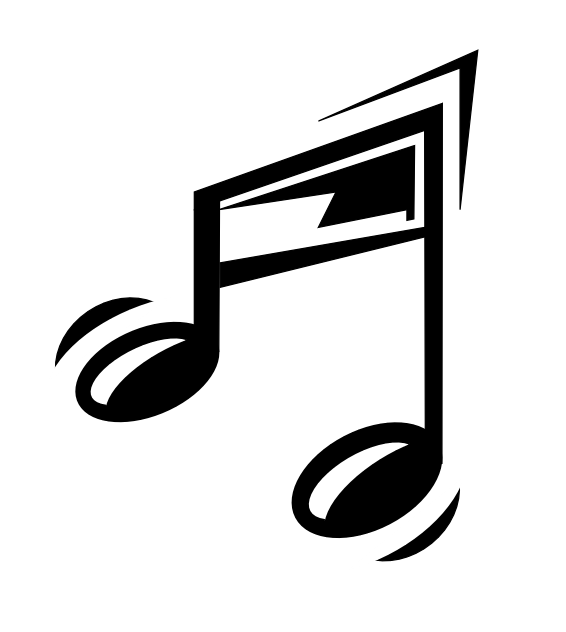How A Youth Movement Became a Revolution
Having just come out of a time of free love and socio-political change, the youth of the late 70s felt something needed to belong to them. Having been through a stage of music where excessive skill and connections were necessary to make it anyway, the youth grew tired of seeing the same thing on stage day in and day out. Also, growing into a revolutionary time with parents from a strict age caused a severe backlash against tradition - thus, punk rock was born.
Anarchy in the UK
With anger increasing against the royal family and the rich when much of England was poor, young John Lydon and his friends had no money with which to buy instruments, nor did they know anyone with the connections to help them. After meeting Steve Jones and Paul Cook, Lydon was introduced to SEX store owner, Malcolm Maclaren. After being asked to join the band with bassist, Glen Matlock, the four took on the name the Sex Pistols (Vicious: The Art of Dying Young, 2004, Paytress, Mark, Sanctuary Publishing; London).
Never having learned how to play instruments, nor having the money to buy them, the Sex Pistols stole all of their equipment from various stores. With this in mind, they began writing and rehearsing and soon became one of the must-see acts on the London music scene.
The word "punk" was attributed to the movement as it portrayed an image of young, ingracious people behaving like inappropriately, and speaking loudly against society - punk being a derivative of the 1687 word for "worthless or inferior" and then the 1917 usage of "punk" for "young hoodlum" or "criminal's apprentice" ("punk (1) and (2)", Online Etymology Dictionary, 2010, Harper, Douglas, accessed on March 23rd, 2010).
Eventually, Glen Matlock was replaced with John Beverley - or, more famously, Sid Vicious - and became the quintessential punk rocker (Vicious: The Art of Dying Young). The style was given to the movement when Maclaren gave the boys free clothing from his shop, attaching a sexual and masochistic overtone to punk music, while keeping in form with its social, political and economic roots (Vicious: The Art of Dying Young).
Read more at Suite101: Punk Rock: An Examination: How A Youth Movement Became a Revolution http://punkskamusic.suite101.com/article.cfm/punk-rock-an-examination#ixzz0odhYM0g8
Beat on the Brat
Soon this new brand of do-it-yourself rock, which varied incredibly from the old school style of great technical skill on the instrument, took off in the USA as well. The punk group The Ramones soon became one of the best selling groups in North America.
What was so attractive, it would appear, to the youth about punk rock was that not everyone could aspire to be a Jimi Hendrix, but pretty much anyone could grow up to be a Johnny Ramone.
With a maximum of five or six chords per song, and often the same chords in every song - just listen to The Ramones: An Anthology - The Ramones inspired a generation of young musicians that they could, indeed, become famous and reach millions with the little training they had.
Punk After the Initial Wave
As punk grew in popularity, record companies jumped at the chance to sign up any and all punk bands that sprung up, causing an overflow on the market. It also caused strife amongst the musicians themselves, saying that those who signed had "sold out".
As the movement grew, musicans began to grow in skill and created the new punk rock and hardcore movements. Thus, keeping its political streak, punk became about the skill with the instruments, as well as pointed, anti-establishment lyrics ("The History of Punk", About.com, 2010, Cooper, Ryan, accessed on March 23rd, 2010).
Punk Today and Tomorrow
Now, punk has slumped into punk-pop/humour bands such as Blink-182 and Sum41 - a strange obsession with numbers occurring across names - and has also fallen into the more known, modern movement of "emo" - emotive hardcore - which keeps punk stylings, but replaces political content with sappy, angsty lyrics. Some real punk bands do still kick around, but unfortunately due to overexposure, the punk that was is not the punk that is.





No comments:
Post a Comment